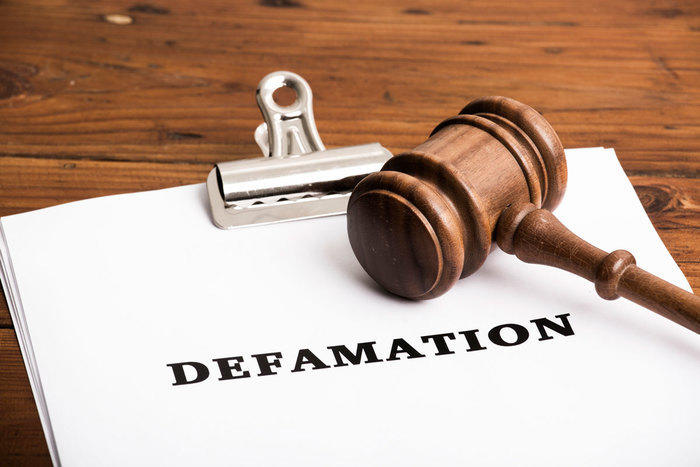According to the Commission, the State bears the obligation of ensuring that the right is sufficiently safeguarded against defamatory speech. The 285th report that the Commission has submitted to the government contains its view.
Defamation is a basis for reasonable restrictions to be imposed on the freedom of speech and expression that is provided by Article 19(1)(a) according to Article 19(2). This forms the basis of the Commission’s recommendation. The law under Sections 499 and 500 of the IPC, which stipulated a maximum two-year jail term and fine for violation, has also been maintained by the Supreme Court, which likewise decided that there was no issue with using a jail sentence to punish defamation.

Source: iPleaders
People may argue that having a positive reputation is a component of their right to privacy. That is a fundamental need for coexistence and a civilised life. In an era of increased public life, technological access to private life, and the proliferation of media, particularly social media, its significance is amplified.
The competitive nature of public life has led to a growing inclination to abuse the criminal defamation legislation as a means of suppressing political opponents, activists, journalists, and critics. It is used for the same limited objectives outside of politics as well. As a result, it restricts free expression, which is also a fundamental right but is even more crucial in democracies.
Source: NDTV
The statute “ensures a balance between freedom of expression and the right to reputation,” according to the panel, although this is not how it is really applied. Criminal defamation cases are frequently used against media outlets, as well as competitors in politics and other sectors. Such cases have also been filed by state governments. It is widely known that Rahul Gandhi was disqualified from the Lok Sabha due to the case against him.
The decriminalisation of defamation has been demanded by the Editors Guild of India. Defamation has been decriminalised in a number of nations, including the UK, Australia, New Zealand, and Sri Lanka. Individuals’ right to a good reputation will be sufficiently protected by civil defamation, and those who have been wronged have access to civil remedies. The residue of a time and mindset that viewed challenging anything as illegal is criminal defamation. It is incompatible with a democracy that values open criticism and the free exchange of ideas. The government most likely requested the report that the Law Commission produced.
What do you think about this? Comment below.

